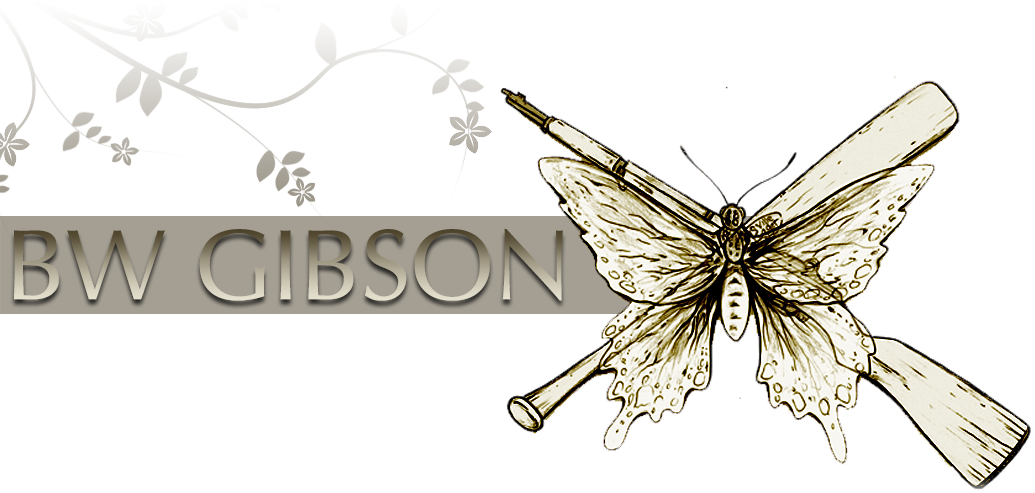What are some qualities YOU look for in a BFF? I was randomly thinking about this while staring at a stack of boxes mysteriously labeled BFF at the Minute Clinic inside my local CVS. As I waited (for two hours) for a nurse to inspect my suspected ear infection my mind wandered from wondering why these boxes were all labeled BFF to what it means to be a best friend.
According to The Friendship Blog blogger Irene S. Levine PhD suggests the qualities of loyalty, trust and supportiveness. I couldn’t agree more. Trust, in particular, is a critical virtue in any relationship. After all, what good is a best friend who lies to you, turns their back on your or is just outright phony?
Shortly thereafter, I was reading Hungry for Books? Lou Kasischke is the author of the novel “After The Wind” In this site’s July 30th blog, Trina Hayes mentioned having an emotional connection with this particular book. Best friends certainly share an emotional connection.
Suddenly, it dawned on me … what better friend to have than your favorite book. More specifically, what better friend could exist than a good fiction book? Think about it … a good book always tells the truth. You can trust this since it is positively impossible for fiction to lie. It may not tell you what you want to hear (as the character you’ve fallen in love with gets their heart broken or is negatively impacted by tragic circumstances) but it’s still the author’s truth for that particular story.
Fiction is loyal. Your favorite book can’t ever just get up and walk away from you. Although you may choose to put it down for a moment; it’s always there ready for you to pick it back up and continue reading. And when the book comes to an end, it’s still there for you to read again, discuss with others or share with anyone.
Think of all the fiction we encounter on a daily basis. Most of which, these days, comes from movies and television. And then there’s what I like to call crossover fiction. Crossover Fiction is like the The Real Housewives of … phenomena that encompasses the Bravo network. These are real life people but I can’t help but wonder if some of their drama is either created or exaggerated for the purposes of gaining ratings or the cameras are absent during a juicy outbreak and the ladies are asked to recreate the incident again for the cameras. Anytime you need a good cry or a laugh, fiction is right there – just like a best friend, supporting you whenever you need it.
You, along with millions of other people, seek out fiction for how it make you feel. A fictional character or story never turns its back on you. Well-written fictions will engage you and, therefore, establish an emotional connection. You can trust your cravings for drama, action, laughter or a good cry will be supported. I like to think of fiction as America’s BFF. Just like a best friend, it’s there whenever you need it.
What’s your favorite fictional story? Or maybe it’s historical fiction? How would you compare your favorite book or film or character to your best friend? Interesting idea – huh?
